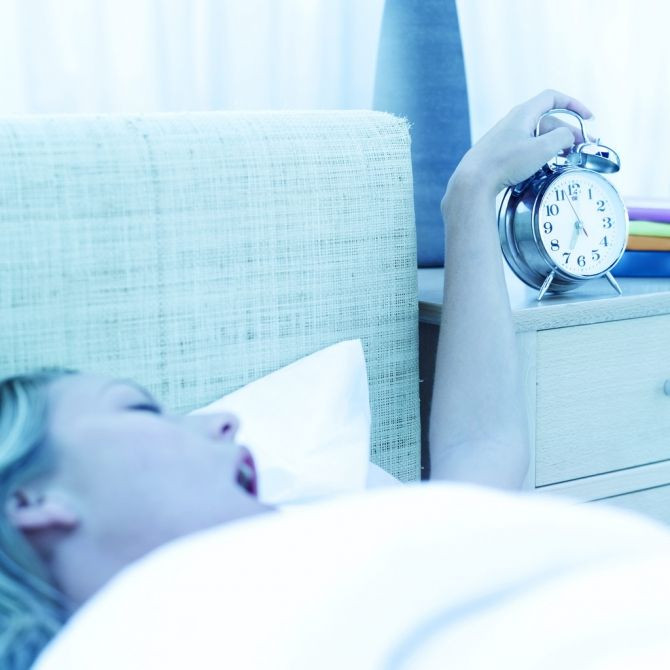Poor Sleep Can Reduce Effectiveness Of Vaccines

As a child many of us can attest to hearing mom reiterated many of these similar quotes, "eat your veggies, mind your manners, and get a good night's rest." A new study demonstrates reasons why mom was right, especially about receiving a good's night rest.
Lead study author Aric A. Prather, PhD, clinical health psychologist and Robert Wood Johnson Foundation Health & Society Scholar at UCSF and UC Berkeley, uncovered lack of sleep lower the effectiveness of vaccines.
"With the emergence of our 24-hour lifestyle, longer working hours, and the rise in the use of technology, chronic sleep deprivation has become a way of life for many Americans. These findings should help raise awareness in the public health community about the clear connection between sleep and health," he said.
Conducted at the University of Pittsburgh, the study consisted of 70 women and 55 men between the ages of 40 and 60. All were relatively in good health and nonsmokers. Researchers administered the standard three-doses of hepatitis B vaccine. The first and second doses were administered a month a part, following a booster shot six months later. Preceding both the second and third shot, each patient's antibody levels were measured. Following the final shot, researchers measured antibody levels once again.
Results discovered people who only received on average six hours of sleep per night, considerably hurt their chances of developing antibody responses to the vaccine and were 11.5 times more likely to be vulnerable to viruses.
"Sleeping fewer than six hours conferred a significant risk of being unprotected as compared with sleeping more than seven hours per night," researchers stated.
Researchers reiterated the importance of sleep and additional revealed a lack of sleep may have detrimental effects on the immune system that are essential to vaccine response.
"Based on our findings and existing laboratory evidence, sleep may belong on the list of behavioral risk factors that influence vaccination efficacy," Prather said. "While there is more work to be done in this area, in time physicians and other health care professionals who administer vaccines may want to consider asking their patients about their sleep patterns, since lack of sleep may significantly affect the potency of the vaccination."
The study was published in SLEEP.



























